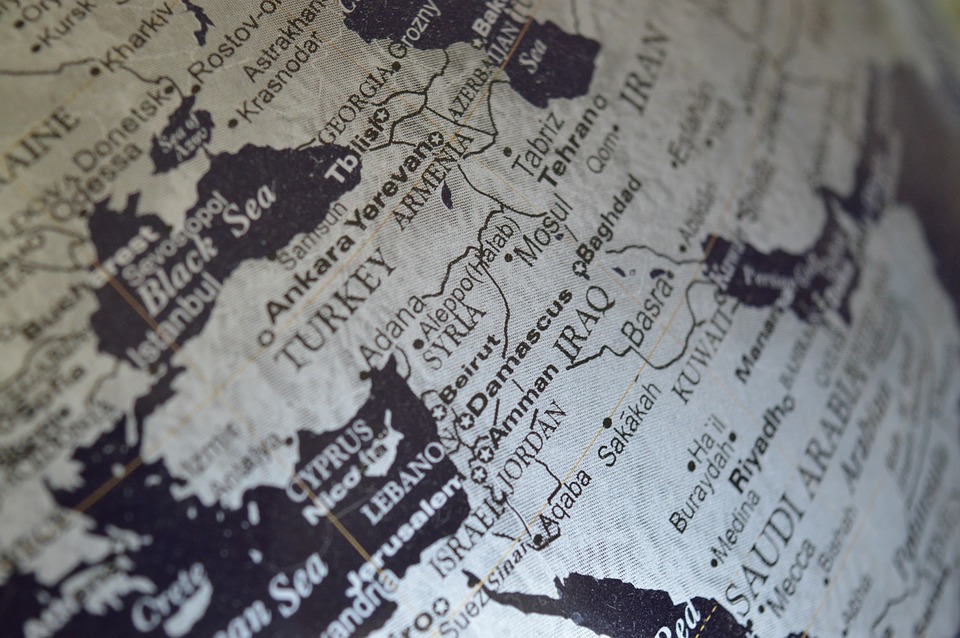Istanbul, Turkey – The global geopolitical landscape is becoming increasingly tense as major powers engage in a complex interplay of competition and cooperation. Recent developments in several regions have heightened concerns about the potential for conflict to spill over.
Key Areas of Tension:
- Indo-Pacific: The rivalry between the United States and China is intensifying in the Indo-Pacific region, with both nations vying for influence over strategic waterways and alliances. The Taiwan Strait remains a particular flashpoint, as China continues to assert its claims over the island.
- Europe: The ongoing conflict in Ukraine has significantly altered the European security landscape. Russia’s invasion has led to a resurgence of geopolitical tensions in Europe, with NATO members increasing their military presence in the region.
- Middle East: The Israeli-Palestinian conflict continues to be a major source of instability in the Middle East. Recent escalations in violence have raised fears of a wider regional conflict.
- Africa: Several African countries are grappling with political instability, ethnic violence, and the threat of terrorism. These conflicts often have regional implications, as they can destabilize neighboring countries and lead to refugee crises.
Diplomatic Efforts and Military Buildups:
While diplomatic efforts are underway to de-escalate tensions, the global security environment remains fragile. Major powers are investing heavily in military modernization and strengthening their alliances. This arms race, coupled with the increasing use of cyber warfare and disinformation campaigns, raises concerns about the potential for accidental conflict.
As the world navigates these complex geopolitical challenges, it is crucial to prioritize dialogue, diplomacy, and international cooperation. Failure to do so could have catastrophic consequences for global peace and security.


